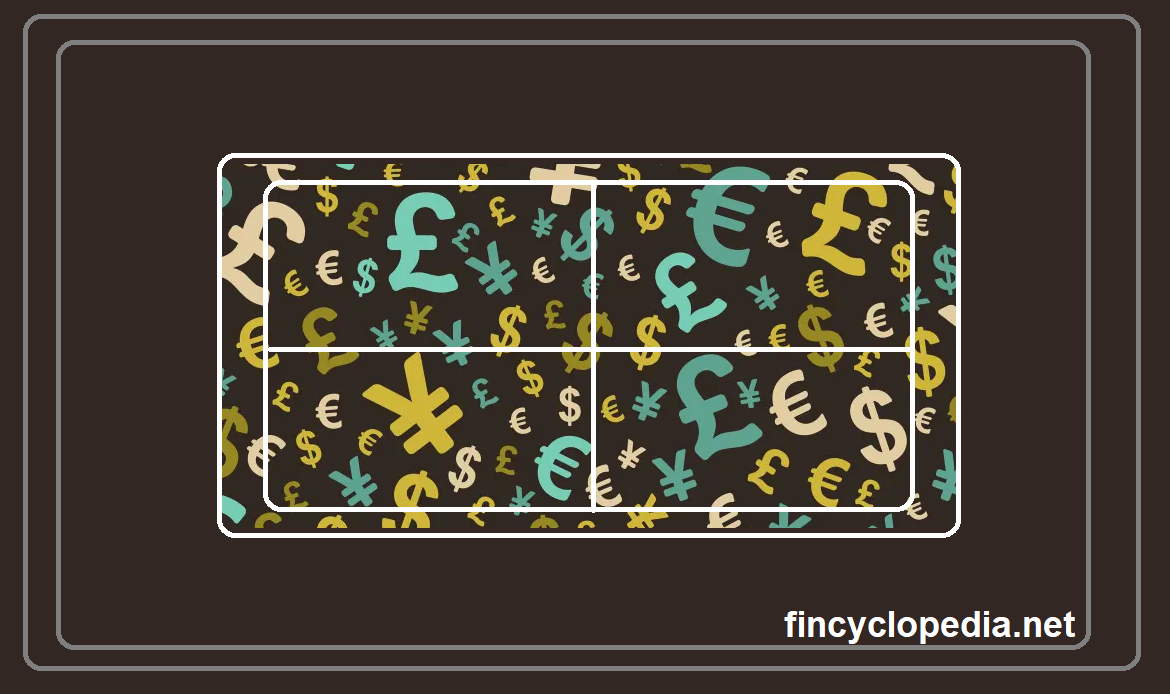An amount of money (in whatever form: cash, check, draft, wire transfer, etc.) that is placed with a bank or financial institution for credit to the bank account of the depositing customer (whether individual or institutional). Deposits have many types and nomenclatures including: demand deposits, time deposits (term deposits), savings deposits, current account deposits, etc.
A demand deposit is a checking account (current account) that a customer can draw money from at any time, without a notice or with an instant notice. Therefore, the interest such deposits would pay is very low, if any. On the other hand, time deposits (savings or investment accounts) do not allow the depositor to withdraw money on demand, but rather have a specified maturity or require a notice (e.g., a 30 day notice) before withdrawal. These deposits usually pay interest and are used by their holders as an income-generating investment.
In addition to the above (in the context of banking), deposit has multiple meanings depending on the purpose of deposit (e.g., deposit of marginable securities, sums lodged as a security or performance bond, etc.)





